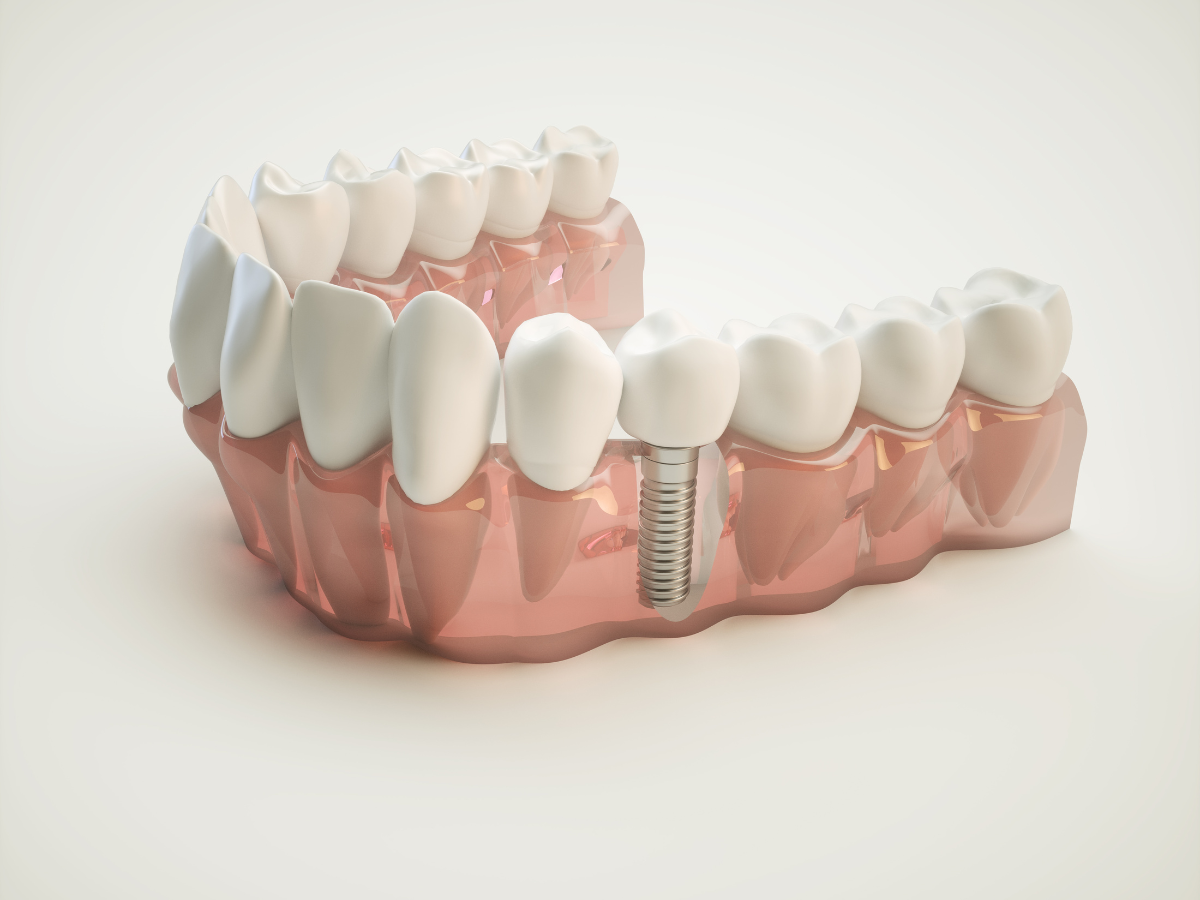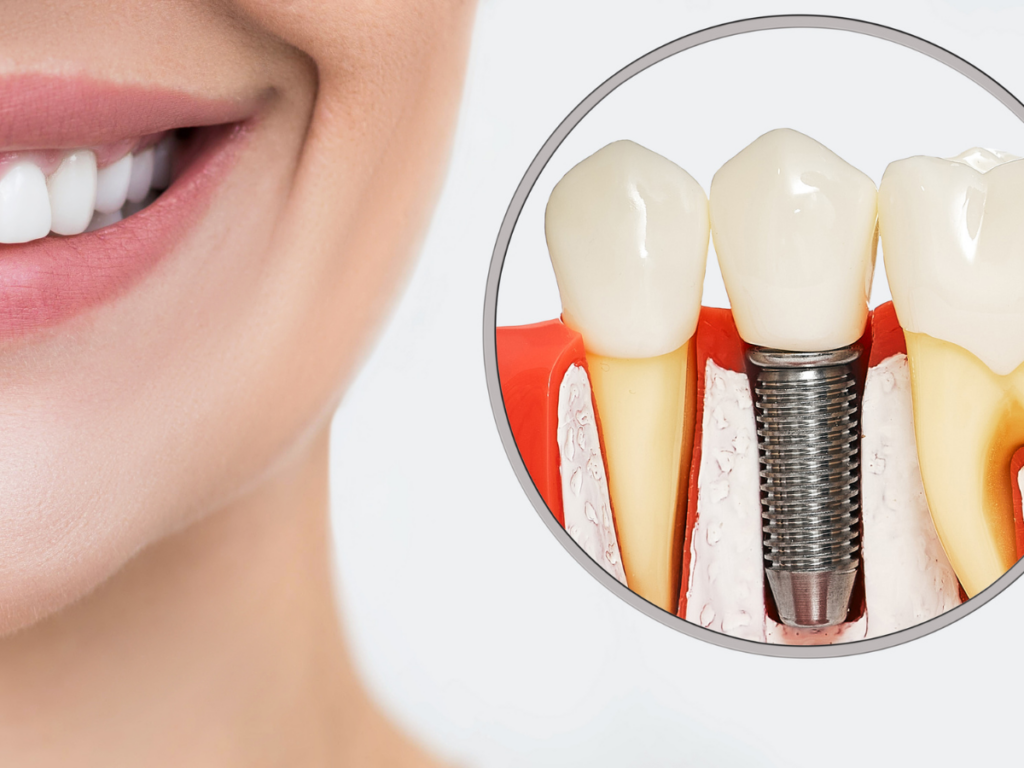
Dental implants have become an increasingly popular choice for replacing missing or damaged teeth. But how long do dental implants last? With proper care and maintenance, dental implants can last for several decades. However, because each patient is different, the life expectancy of a dental implant will vary from person to person. Factors such as age, health, lifestyle habits and oral hygiene can all play a role in determining how long an implant lasts.
In this article, we'll explore the factors that affect the lifespan of dental implants and provide answers to some frequently asked questions about this dental procedure.
We'll briefly cover:
While dental implants remain as the best long term option to replace missing, several factors can affect the lifespan of dental implants, including:
The placement of the implant is a critical factor in the success and longevity of the implant. If the implant is not placed correctly, it can cause complications that can lead to implant failure. Factors such as the amount of bone tissue available, the quality of the bone, and the patient's overall health can all affect the placement of the implant.
Good oral hygiene is essential for maintaining healthy teeth and gums and ensuring the longevity of dental implants. Failure to maintain good oral hygiene can lead to complications such as gum disease, which can cause the implant to fail.
Oral Hygiene Tips:
Preventative care is the best way to ensure the long-term success of dental implants.
Certain medical conditions such as diabetes, autoimmune diseases, and osteoporosis can affect the success of dental implants. Patients with these conditions may require additional monitoring and care to ensure the longevity of the implant.
Lifestyle factors such as smoking, excessive alcohol consumption, and poor nutrition can all affect the success and longevity of dental implants. Patients who smoke or consume excessive amounts of alcohol may experience complications such as decreased blood flow to the gums, which can cause the implant to fail.

While dental implants are designed to last for many years, they may need to be replaced over time. Some signs that an implant may need to be replaced include:
Proper maintenance and care of dental implants are essential for ensuring their longevity. Patients should practice good oral hygiene by brushing and flossing regularly and visiting the dentist for regular checkups and cleanings. They should also avoid smoking and excessive alcohol consumption and maintain a healthy diet.
While dental implants are designed to last for many years, they may not last a lifetime. The lifespan of a dental implant depends on several factors, including the patient's oral hygiene, medical conditions, and lifestyle factors.
The procedure for replacing dental implants is typically not painful. Local anesthesia is used to numb the area, and patients may experience some discomfort or soreness after the procedure, but this can usually be managed with over-the-counter pain medications.
If a dental implant fails, it may need to be removed and replaced. The dentist will evaluate the implant and determine the cause of the failure before recommending a course of treatment.
Yes, dental implants can be replaced if they fail. The dentist will evaluate the implant and determine the cause of the failure before recommending a course of treatment.
Dental implants can be more expensive than other methods of tooth replacement, such as dentures or bridges. However, they last far longer than any alternative, which can make them the most cost-effective option in the long run.
Dental implants are a long-term solution for replacing missing or damaged teeth. While they are designed to last for many years, several factors can affect their longevity. Patients should practice good oral hygiene and follow their dentist's recommendations for maintenance and care to ensure the success and longevity of their dental implants.